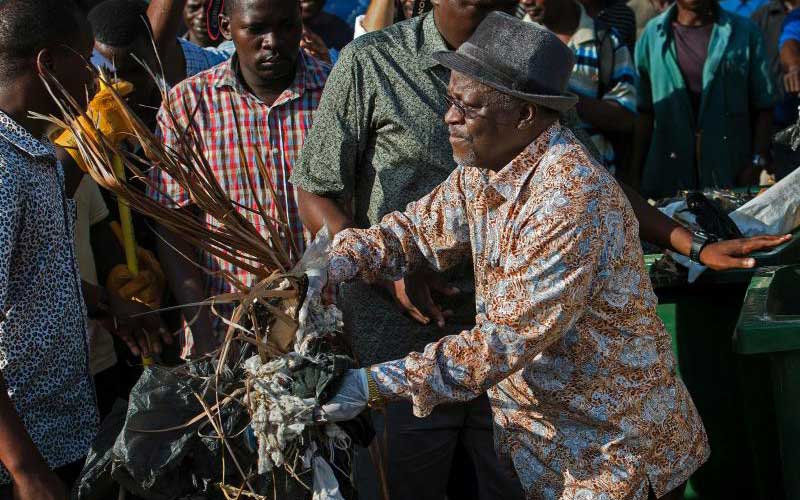×
The Standard e-Paper
Home To Bold Columnists

Human rights defenders and opposition politicians in one of the continent’s rising economies will be a worried lot as 2020 approaches.
Emerging from what has been one of the most suffocating years for dissenting views in Tanzania, voices critical to the regime of current President John Magufuli will most likely have a more difficult year.